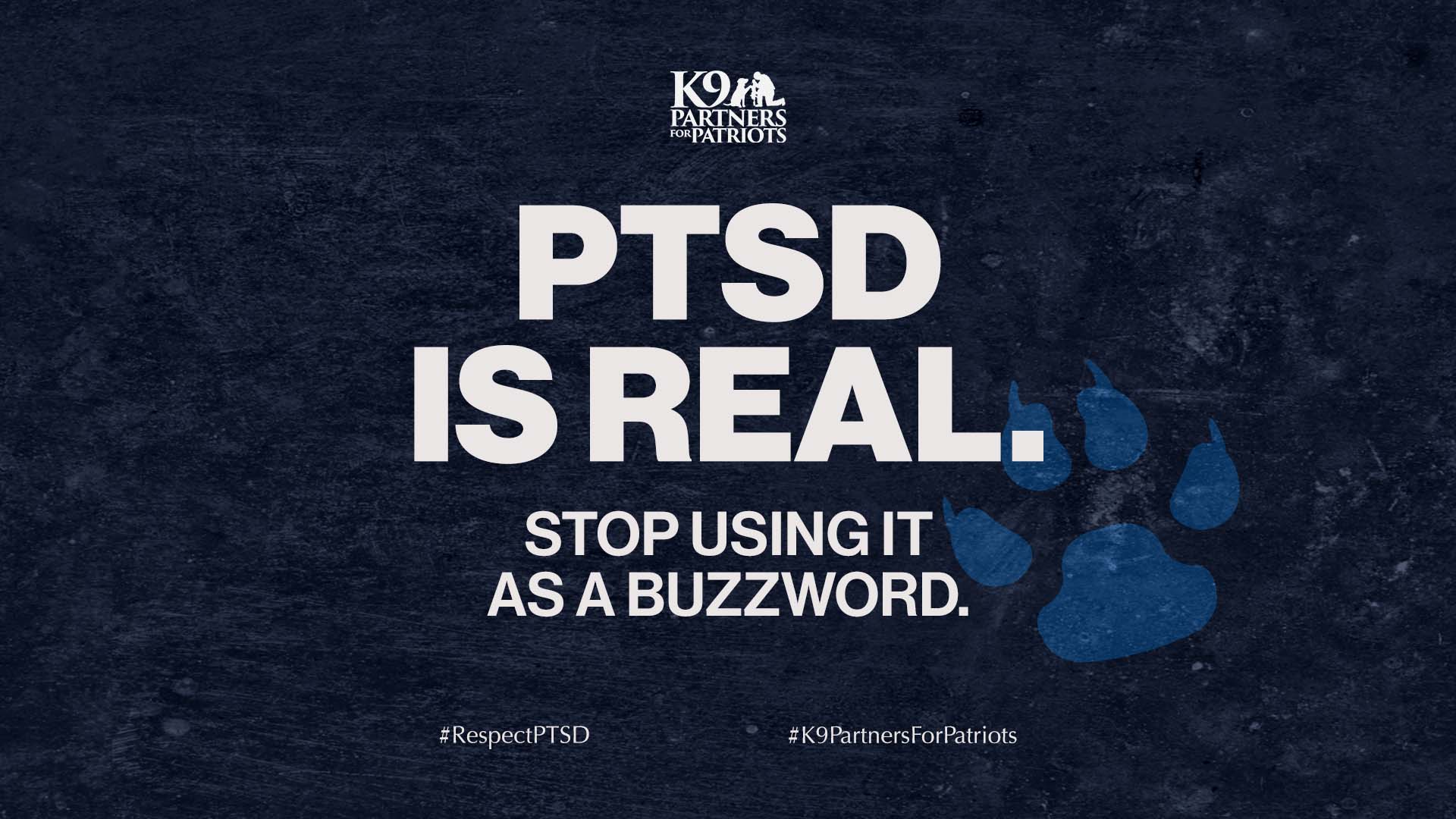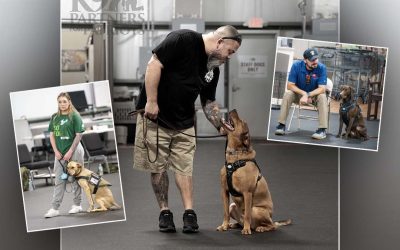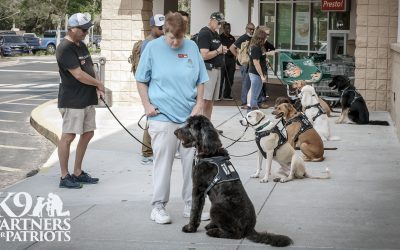Post-Traumatic Stress Disorder (PTSD) is not a punchline, a social media gimmick, or a dramatic flourish for headlines. It is a life-altering condition that demands respect and understanding.
Misusing the term “PTSD” minimizes the seriousness of the condition and spreads misinformation. It can make genuine sufferers feel dismissed and create public confusion about what PTSD truly is, making it harder for those affected to receive understanding, compassion, and the support they need.
What PTSD Really Is
Every day, veterans, first responders, and countless others quietly fight battles most will never see. Their trauma is often invisible but runs deep — shaping thoughts, emotions, relationships, and sense of safety. PTSD is not something they claim lightly. It’s something they live with.
The Rise of PTSD as a Buzzword
In recent years, the term “PTSD” has been thrown around casually — in interviews, social media posts, and online videos — to draw clicks, gain sympathy, or create dramatic effect. Too often, it’s used to describe moments of discomfort, disagreement, or inconvenience rather than genuine trauma.
Why Misusing "PTSD" is Harmful
It Minimizes the Severity of the Condition
Those who have endured true trauma may feel their struggles are being trivialized or dismissed.
It Creates Confusion About PTSD
This misuse can lead to skepticism toward legitimate sufferers, making it harder for them to seek understanding, compassion, and support.
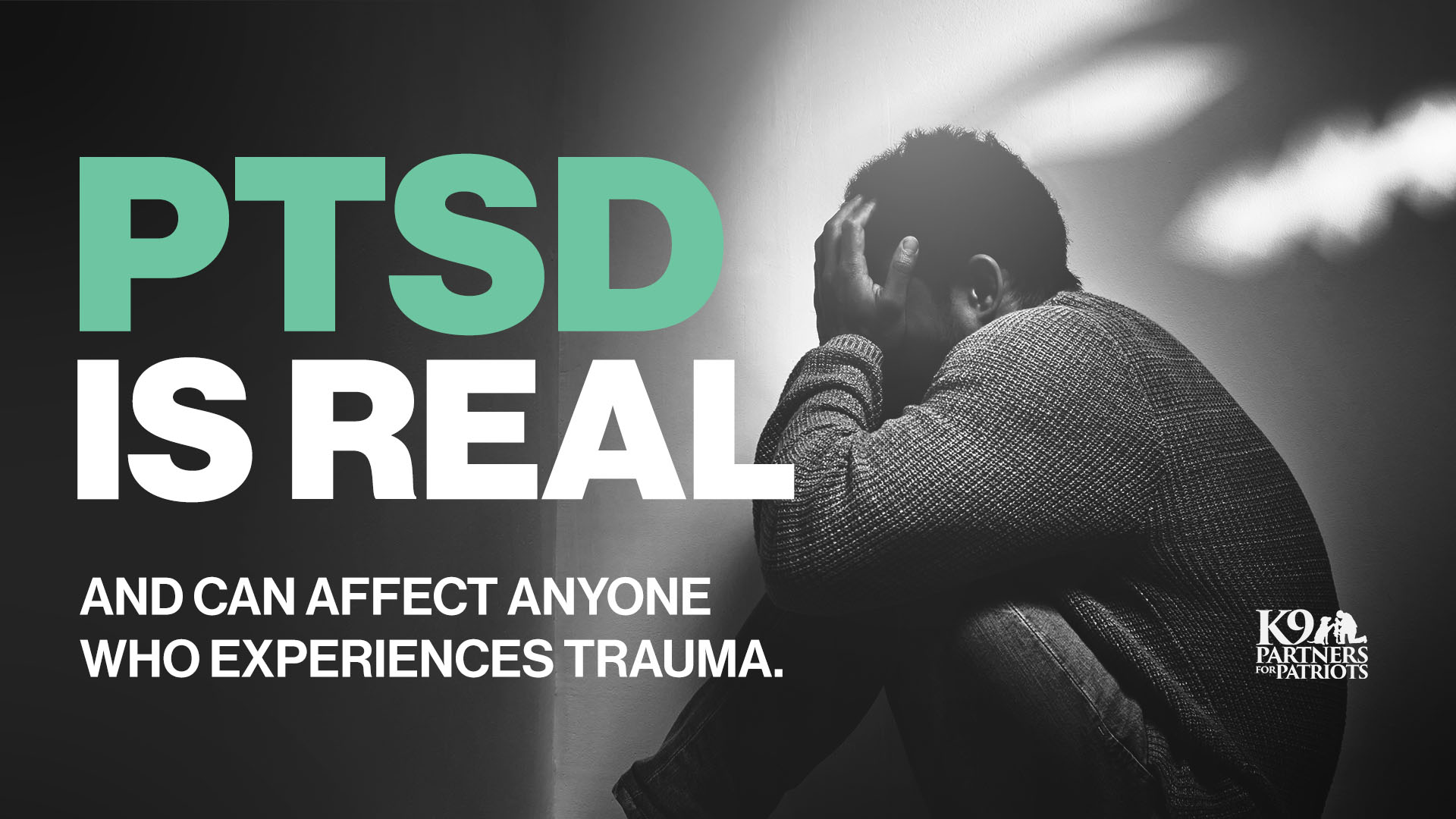
PTSD Can Affect Anyone Who Experiences Trauma
This isn’t to say that only veterans or first responders can have PTSD. Trauma takes many forms — violent crime, abuse, natural disasters, serious accidents, and other life-threatening events can all leave lasting scars. But using PTSD for shock value or self-promotion is dishonest — and deeply disrespectful to those who bear this burden every day.
Our Work at K9 Partners for Patriots
At K9 Partners for Patriots, we see the reality of PTSD daily. We walk alongside veterans whose lives have been forever changed by trauma — helping them train service dogs that provide independence, stability, and hope. We owe it to them, and to every legitimate PTSD survivor, to protect the integrity of the diagnosis and the respect it deserves.
The Bottom Line: PTSD is Real — Let’s Treat It That Way
If you truly have PTSD, you deserve care, understanding, and compassion.
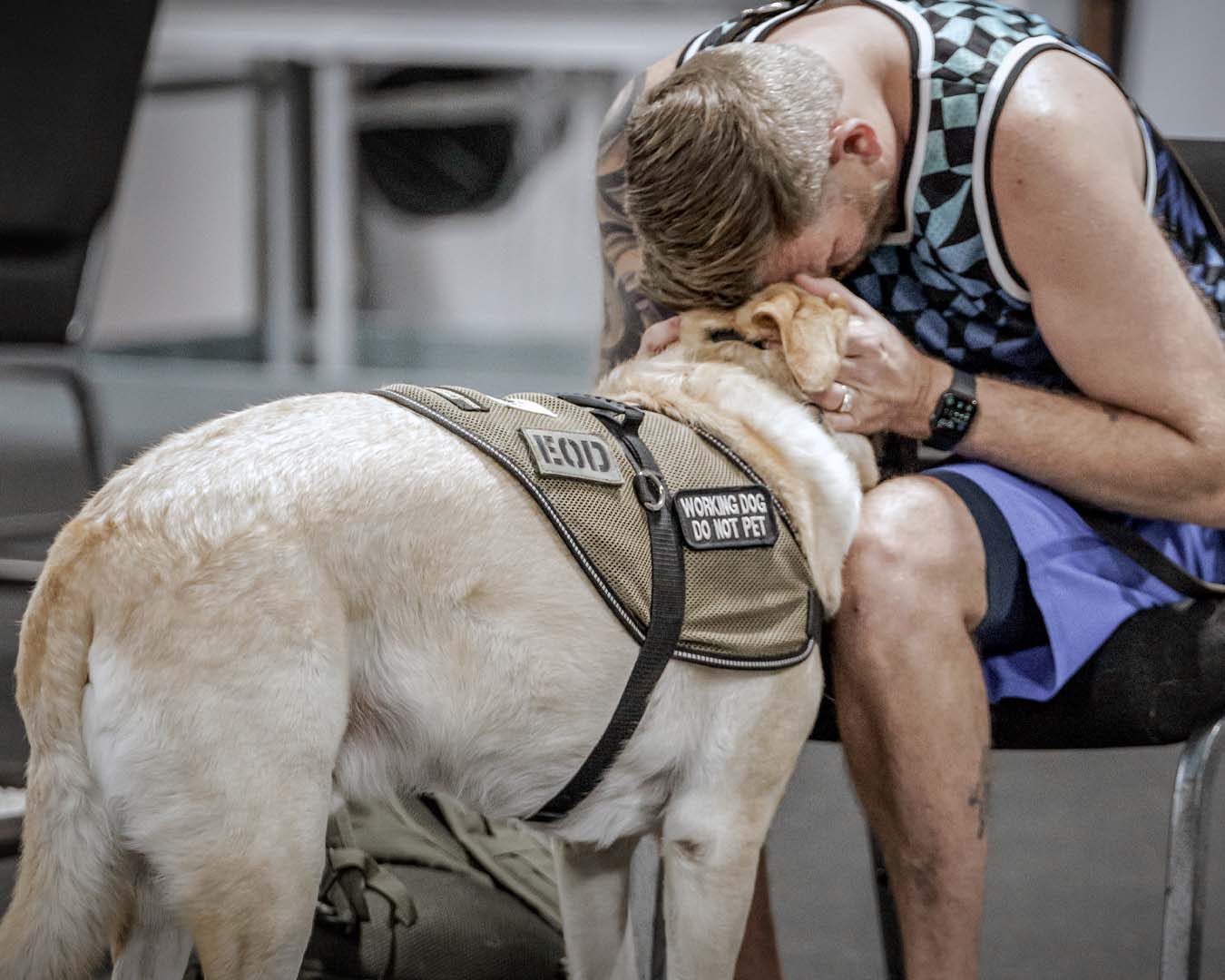
If you don’t, please don’t wear it like a costume for clicks or sympathy. Words matter. Misusing “PTSD” doesn’t just hurt those who live with it — it erodes public understanding and support for real trauma survivors.

